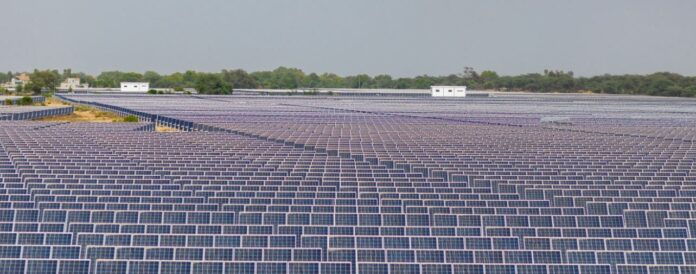Colombo, Sri Lanka – Adani Green Energy (ADNA.NS), India’s renewable energy arm of the Adani Group, has announced its withdrawal from two proposed wind power projects in Sri Lanka, as confirmed in a letter sent to a Sri Lankan government agency. The decision comes amidst ongoing negotiations to reduce the cost of power from these projects, which were initially estimated at a total investment of $1 billion. A letter dated February 12, addressed to the Chairman of Sri Lanka’s Board of Investment, disclosed that the Adani Group would step back from the projects.
“After thorough deliberation at our Board, while we fully respect the sovereign rights of Sri Lanka and its choices, we have decided to respectfully withdraw from the said project,” the letter stated, a copy of which was reviewed by Reuters.
Also Read: France in Talks to Acquire India’s Pinaka Rocket Launcher System
This move follows last month’s statement by the Sri Lankan government, indicating that talks were underway to renegotiate project terms, planning to form a Cabinet-appointed committee for this purpose.
Neither the Sri Lankan Board of Investment nor the Power Ministry secretary was available for immediate comments on the withdrawal. Adani Group also did not respond immediately to requests for comment.
The backdrop to this decision includes scrutiny of the Adani Group’s activities in Sri Lanka after U.S. authorities in November accused its founder, Gautam Adani, and other executives of bribery schemes to secure power supply contracts in India. These allegations have been vehemently denied by the Adani Group.
The projects in question were slated for Mannar town and Pooneryn village in the northern province of Sri Lanka, aiming to capitalize on wind resources in the area. Apart from the wind projects, Adani is also involved in a significant $700 million terminal project at Colombo, Sri Lanka’s largest port. Sri Lanka, grappling with economic challenges including power blackouts and fuel shortages during the 2022 crisis, has been accelerating its renewable energy initiatives to mitigate against volatile imported fuel costs.



